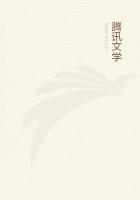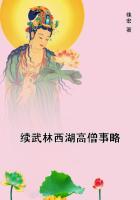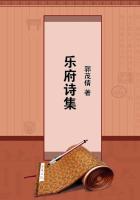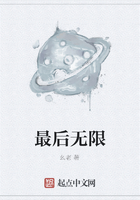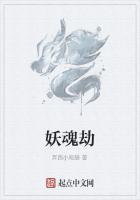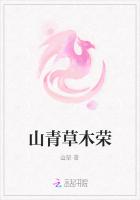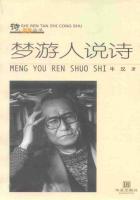Taxes are taken by those who have the power of taking them.If nowadays some portion of these tributes, called taxes and duties, are used for public purposes, for the most part it is for public purposes that are harmful rather than useful to most people.
For instance, in Russia one-third of the revenue is drawn from the peasants, but only One-Fiftieth of the revenue is spent on their greatest need, the education of the people; and even that amount is spent on a kind of education which, by stupefying the people, harms them more than it benefits them.The other Forty-nine Fiftieths are spent on unnecessary things harmful for the people, such as equipping the army, building strategical railways, forts and prisons, or supporting the priesthood and the Court, and on salaries for military and civil officials-that is, on salaries for those people who make it possible to take this money from the people.
The same thing goes on not only in Persia, Turkey and India, but also in all the Christian and constitutional states and democratic republics; money is taken from the majority of the people quite independently of the consent or non-consent of the payers, and the amount collected is not what is really needful, but as much as can be got (it is known how Parliaments are made up, and how little they represent the will of the people), and it is used not for the common advantage, but for what the governing classes consider necessary for themselves-on wars in Cuba or the Philippines, on taking and keeping the riches of the Transvaal, and so forth.So that the explanation that people must pay taxes because they are instituted with general consent, and are used for the common good, is as unjust as the other explanation that private property in land is established to encourage agriculture.
Is it true that people should not use articles needful to satisfy their requirements if these articles are the property of other people?
It is asserted that the rights of property in acquired articles is established in order to make the worker sure that no one will take from him the produce of his labor.
Is this true?
It is only necessary to glance at what is done in our world, where property rights are defended with especial strictness, in order to be convinced how completely the facts of life run counter to this explanation.
In our society, in consequence of property rights in acquired articles, the very thing happens which that right is intended to prevent-namely, all articles which have been, and continually are being, produced by working people are possessed by, and as they are produced are continually taken by, those who have not produced them.
So that the assertion that the right of property secures to the workers the possibility of enjoying the products of their labor is evidently still more unjust than the assertion concerning property in land, and it is based on the same sophistry; first, the fruit of their toil is unjustly and violently taken from the workers, and then the law steps in, and these very articles which have been taken from the workmen unjustly and by violence are declared to be the absolute property of those who have taken them.
Property, for instance, a factory acquired by a series of frauds and by taking advantage of the workmen, is considered a result of labor and is held sacred; but the lives of those workmen who perish at work in that factory and their labor are not considered their property, but are rather considered to be the property of the factory-owner, if he, taking advantage of the necessities of the workers, has bound them down in a manner considered legal.Hundreds of thousands of bushels of corn, collected from the peasants by usury and by a series of extortions, are considered to be the property of the merchant, while the growing corn raised by the peasants is considered to be the property of some one else if he has inherited the land from a grandfather or great-grandfather who took it from the people.It is said that the law defends equally the property of the mill-owner, of the capitalist, of the landowner, and of the factory or country laborer.The equality of the capitalist and of the worker is like the equality of two fighters when one has his arms tied and the other has weapons, but during the fight certain rules are applied to both with strict impar tiality.So that all the explanations of the justice and necessity of the three sets of laws which produce slavery are as untrue as were the explanations formerly given of the justice and necessity of serfdom.All those three sets of laws are nothing but the establishment of that new form of slavery which has replaced the old form.As people formerly established laws enabling some people to buy and sell other people, and to own them, and to make them work, and slavery existed, so now people have established laws that men may not use land that is con-sidered to belong to some one else, must pay the taxes demanded of them, and must not use articles considered to be the property of others-and we have the slavery of our times.The Slavery of Our Times -- Ch 11 -- Leo TolstoyFrom The Slavery of Our Times by Leo Tolstoy


